Two games into the Africa Cup of Nations, and the only big boys not to have delivered an underwhelming performance or posted a disappointing result so far are Nigeria and Cameroon.
Reigning champions Algeria were held by Sierra Leone—back after quarter of a century—in their opener, while Senegal have scored just once, and were arguably fortunate to get a draw against Guinea in match two.
Morocco won both matches, but were wasteful against Comoros—only killing the game at the death—while Egypt appear lacklustre, sluggish and uninspired.
Ivory Coast’s Elephants gave up many chances against Equatorial Guinea—on another day they would surely have conceded—while the less said about Ghana’s Black Stars the better. They might not even make it into the knockouts.
However, Cameroon and Nigeria—each with two wins out of two and strong showings to boot—have looked the most complete of the would-be ‘contenders’ so far.
Both deserve immense credit for overcoming bleak pre-tournament predictions to enjoy such strong showings so far.
Admittedly, they’ve been less affected by coronavirus uncertainty and last-minute positive tests than others (Burkina Faso, Gabon, Morocco), but both faced major question marks coming into the tournament.
Cameroon haven’t been particularly inspiring under Toni Conceicao in recent years—the March 2021 defeat by Cape Verde was a low point—while the pre-tournament pursuit of Joel Matip (and failure to secure him) suggested a lack of confidence in the defence.
Nigeria have had it much worse, with both coaching changes and player absentees clouding their tournament prep.
Gernot Rohr was of course dismissed by the NFF on the eve decision; good decision, bad timing perhaps, while a swathe of players are not present at the tournament despite being key figures or potential difference-makers in the squad.
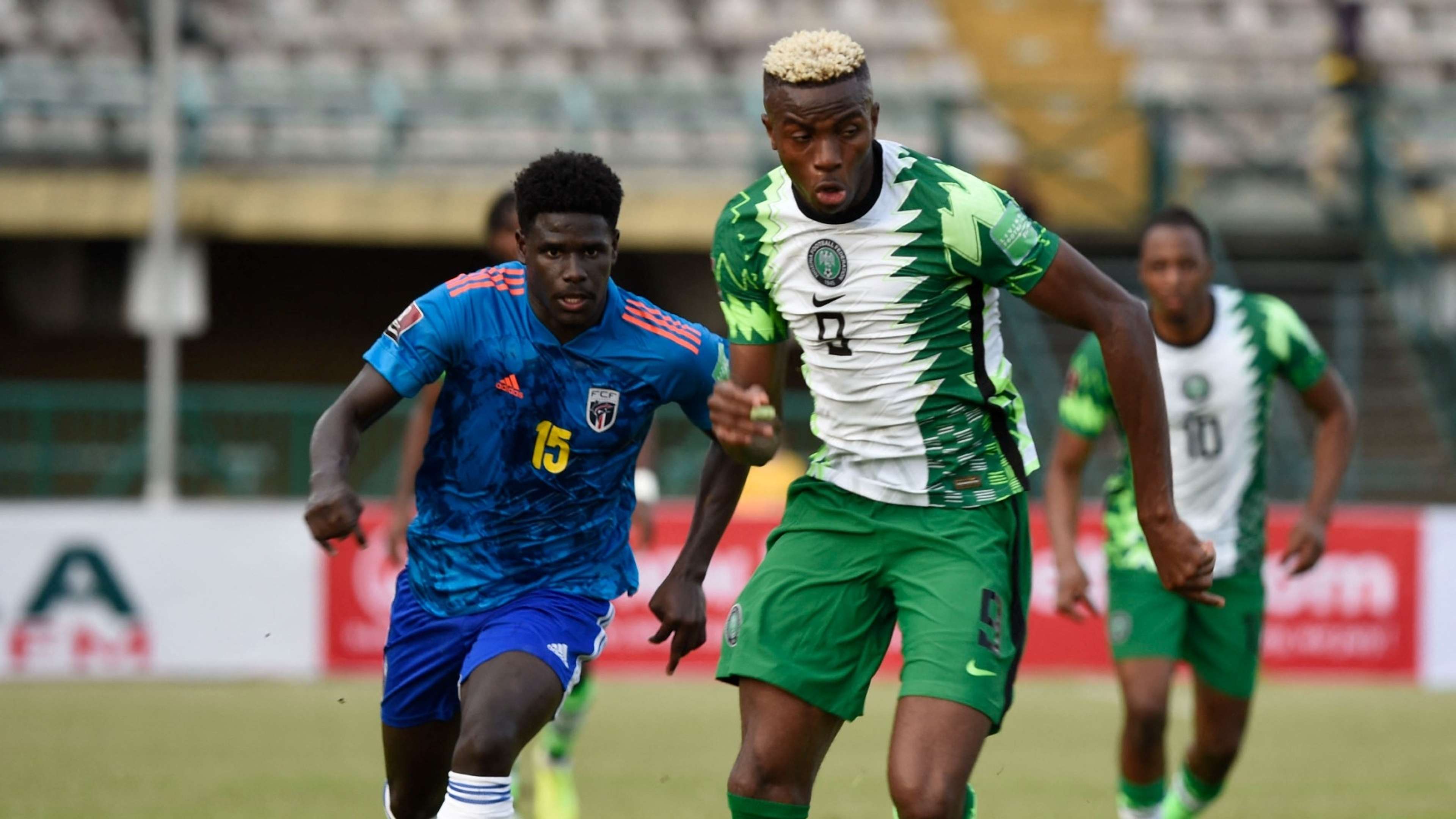 Getty
GettyAll of Victor Osimhen, Odion Ighalo, Paul Onuachu, Leon Balogun, Emmanuel Dennis and Abdullahi Shehu would surely have featured in the tournament so far had any of them been available.
Yet Nigeria, in particular, have reacted superbly in the face of adversity; Augustine Eguavoen has taken the handbrake off following Rohr’s tepid tenure, allowing his attackers to express themselves while Wilfred Ndidi minds the fort.
Moses Simon has been a revelation, bringing his Ligue 1 form to bear in the tournament, while both Kelechi Iheanacho and Taiwo Awoniyi have opened their accounts, striking up a relationship that once terrorised youth football.
Eguavoen has started getting contributions from a supporting cast including Joe Aribo, Alex Iwobi and Chidera Ejuke, while the backline—despite absentees—can take solace from their unified performances so far, even if Sudan did break their run of not conceding.
There’s been a vibrancy, energy and vitality about Nigeria that hasn’t always been evident for this crop of players, and being qualified for the Last 16 already—as group winners after two matches—will surely give them a major boost as they head into the knockouts.
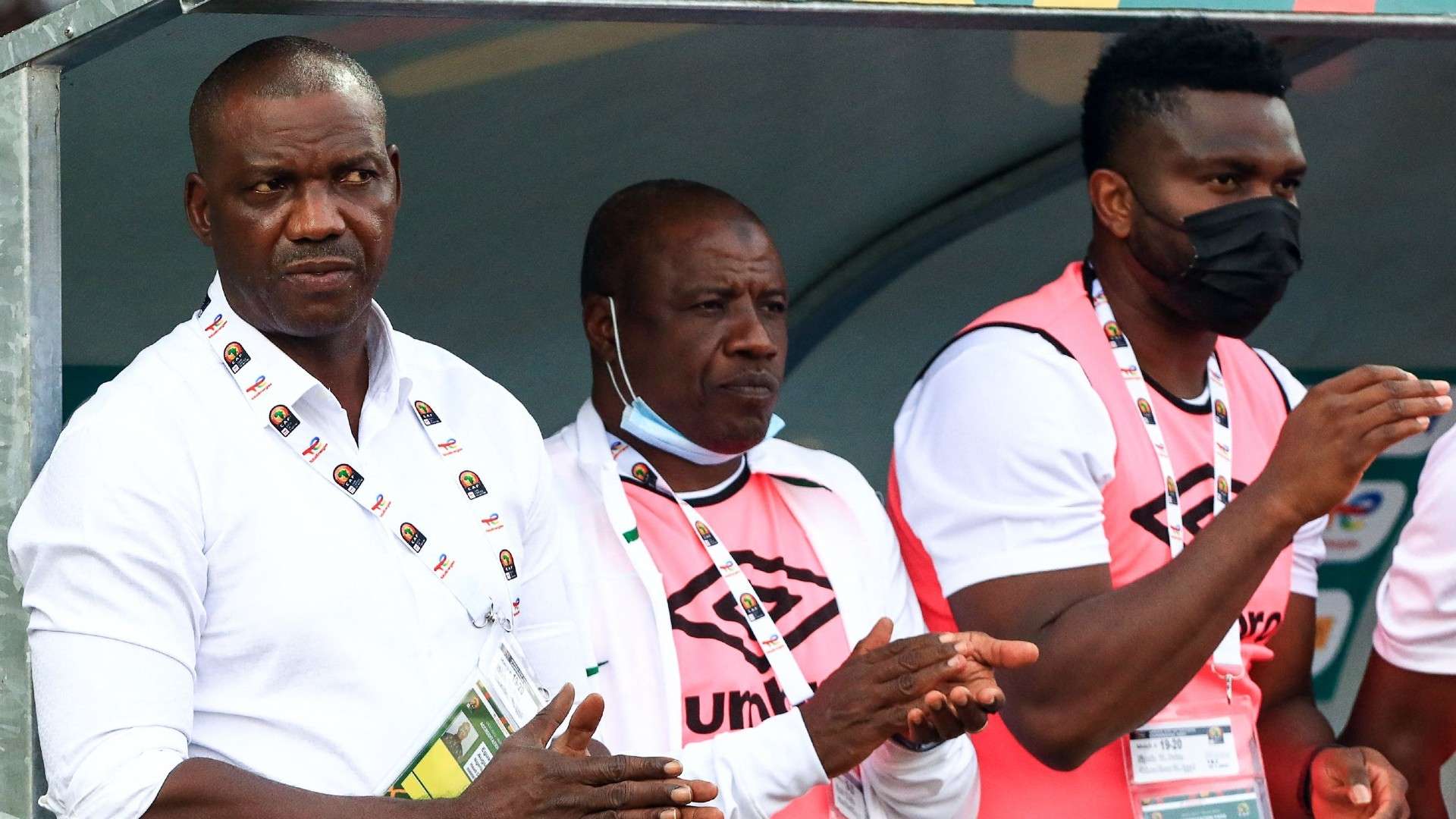 Getty
GettyEguavoen knows that he can give his fringe players gametime against Guinea-Bissau, helping them get a taste of the Afcon experience, without affecting his team’s placement in the bracket for the rest of the tournament.
Nigeria will now face the third-placed team from Groups B, E or F—Mali or Tunisia are perhaps the biggest potential concerns—and won’t have to move away from their Garoua base.
Indeed, the Super Eagles will now remain in the town until the semi-finals at the earliest—if they advance that far.
Cameroon would have to change location in the quarter-finals—a quirk of the Nations Cup schedule—assuming they win Group A and advance past the Round of 16.
They look well placed to do just that.
Considering the Indomitable Lions have fallen behind in both matches—against Burkina Faso and Ethiopia—they’ve managed to overcome the setback and proceeded to score six unanswered goals across both contests.
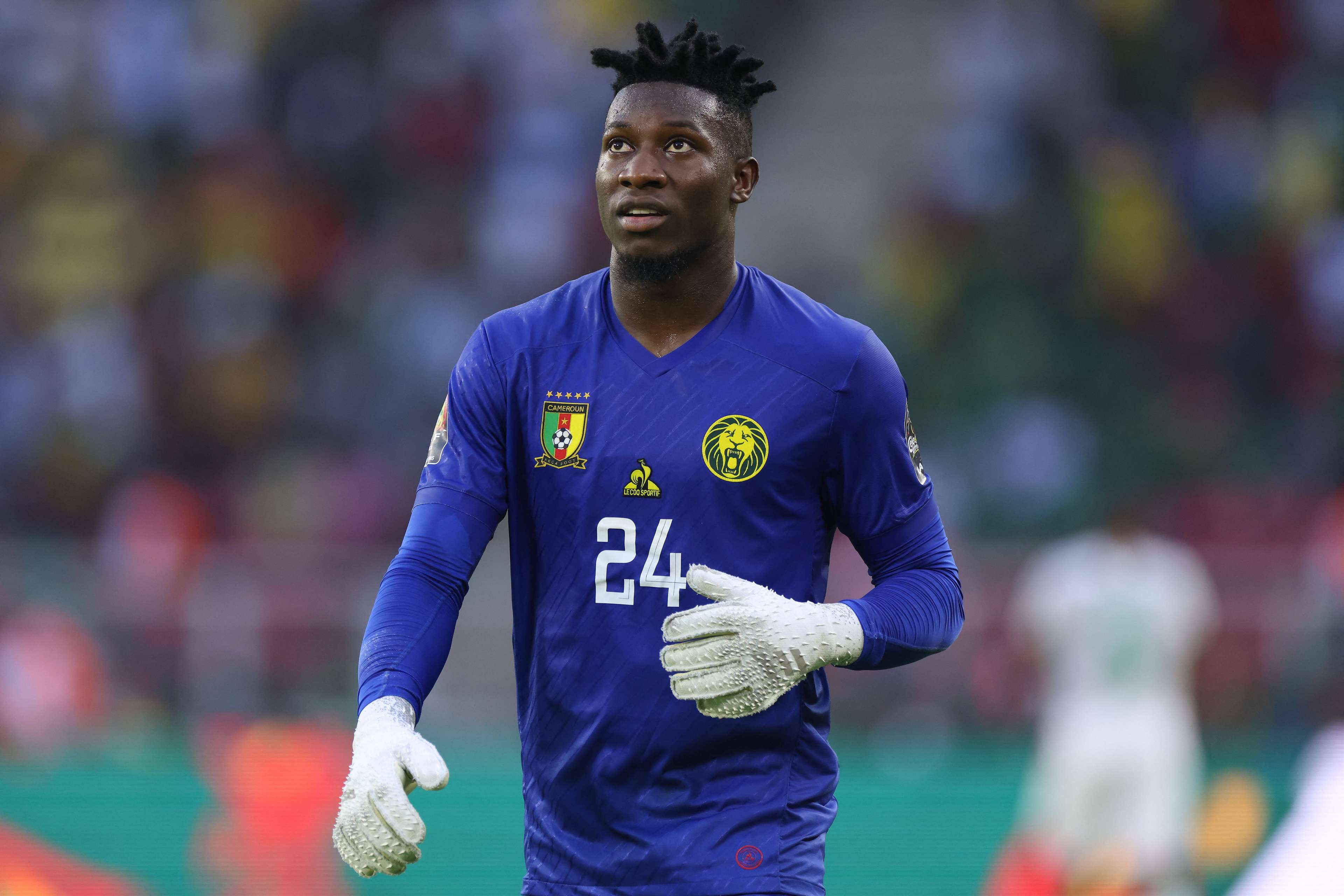 (C)Getty Images
(C)Getty ImagesDefensively, there are still some concerns; Andre Onana has looked jittery and struggled with high balls, while neither Jean-Charles Castelletto nor Jerome Onguene have looked particularly convincing in the heart of the defence alongside Michael Ngadeu-Ngadjui.
However, beyond home support, and the momentum they’ll get from the comeback against Burkina Faso and the resounding thumping of Ethiopia, they have a buoyant home support that—with government measures now introduced to close education services early—can give extra ballast in the face of adversity.
Concerns about the weight of expectation appear to have subsided for now—they really showed their character in the World Cup playoff against Ivory Coast—but those concerns may yet return against a stubborn opponent.
What’s particularly encouraging for Cameroon is their wealth of attacking options, and the potency with which they can hurt teams.
Vincent Aboubakar now has four goals in his last two matches, Karl Toko Ekambi bagged a brace against Ethiopia, Eric-Maxim Choupo-Moting brought guile and composure operating just off the captain, while the likes of Collins Fai and Nicolas Ngamaleu have caught the eye with potent delivery from the right flank.
From the bench, Cameroon can call upon the likes of Clinton N’Jie, Stephane Bahoken, Ignatius Ganago and Afcon 2017 Player of the Tournament Christian Bassogog, and while none have really transformed a game so far, each could prove to be a match-winner.
Likely to take different halves of the draw for the Last 16, Nigeria and Cameroon have impressed the most during the opening two matches—already booking their place in the knockouts—and have demonstrated the kind of title-winning quality that has been a rarity among their would-be rivals for the crown.
Anyone else excited about a potential Nigeria-Cameroon final?
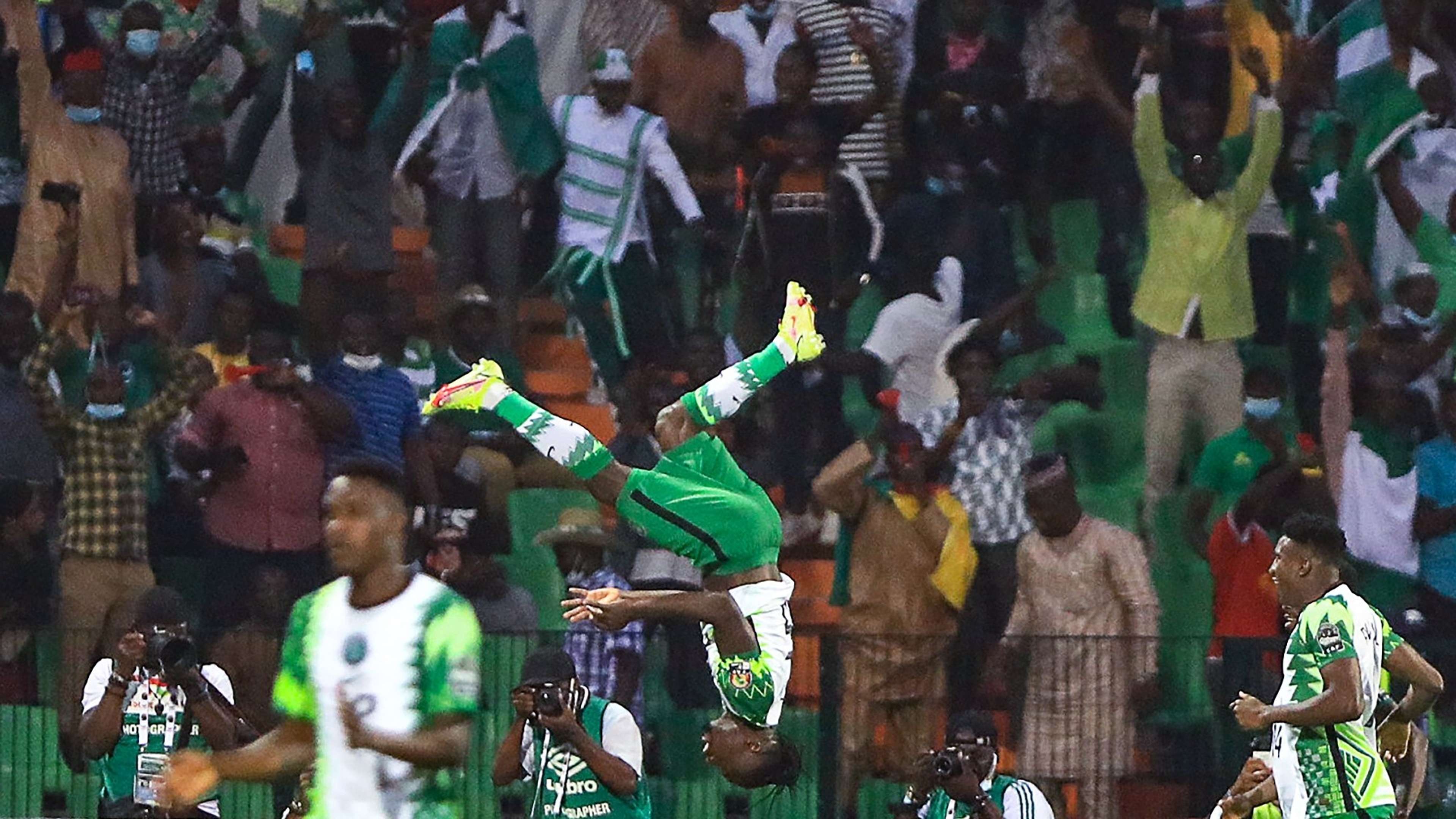
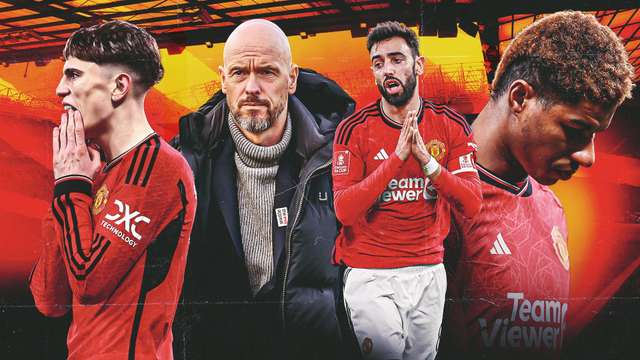
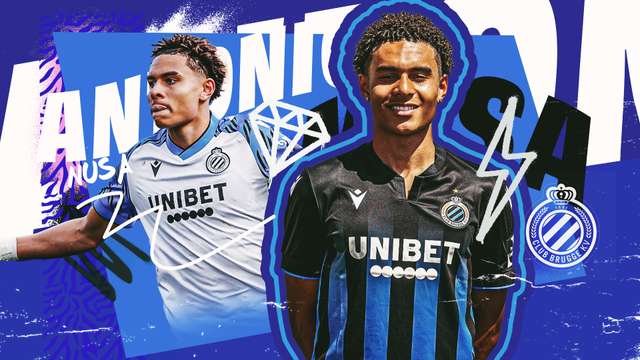
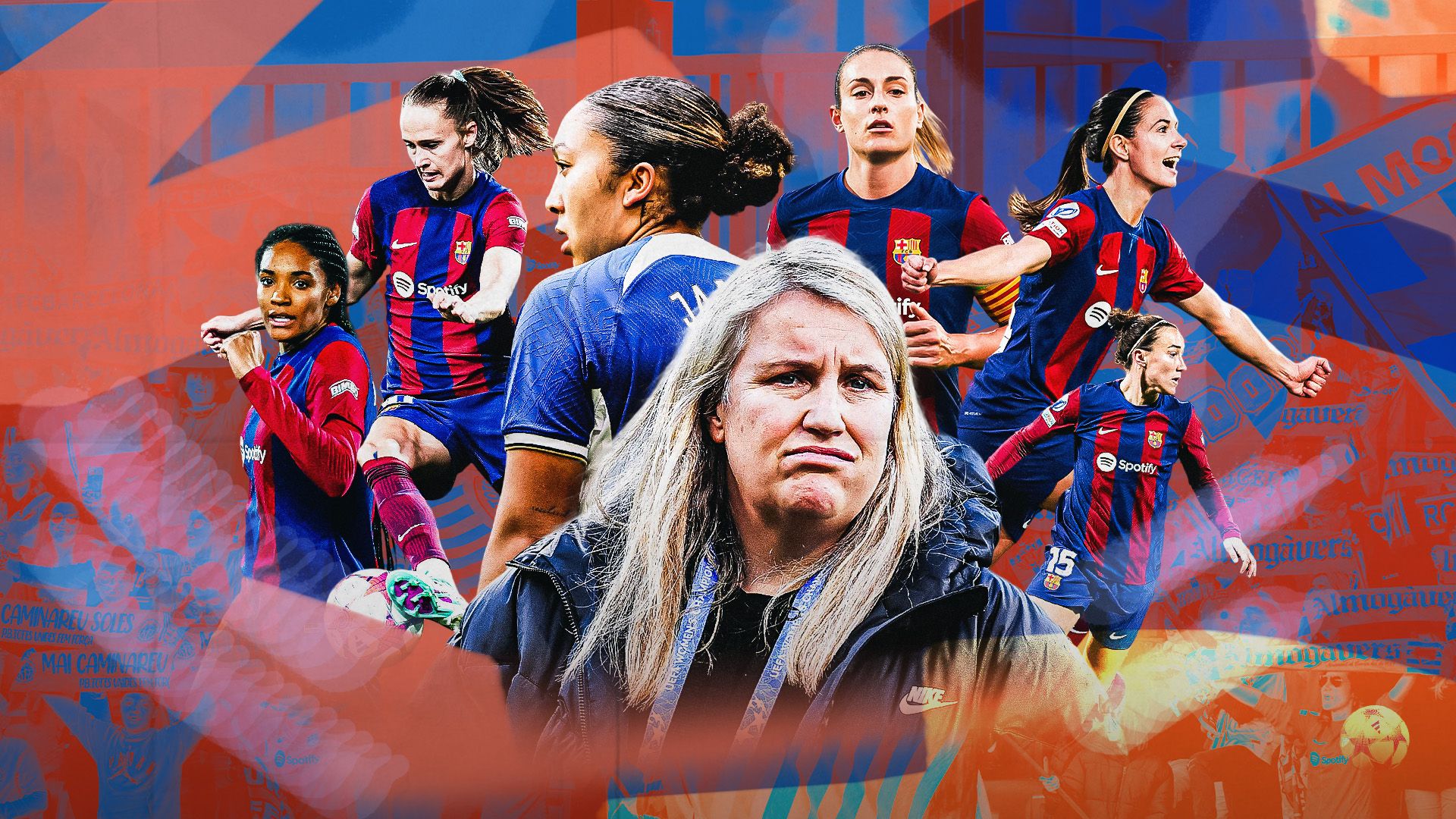.jpg?auto=webp&format=pjpg&width=640&quality=60)
.jpg?auto=webp&format=pjpg&width=640&quality=60)